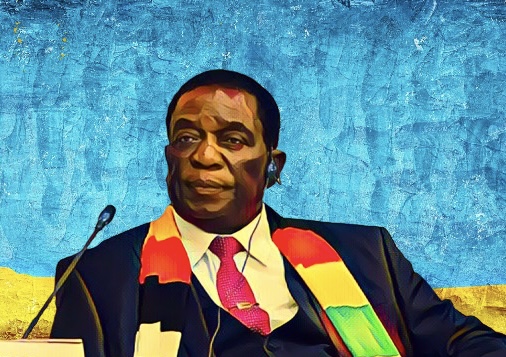In Zimbabwe, tensions escalate as the National Democratic Working Group (NDWG), steered by former legislator Job Sikhala, vocalizes strong opposition against President Emmerson Mnangagwa and his ruling party, Zanu PF. This new movement, inaugurated by Sikhala, aims to liberate the Zimbabwean populace from what it describes as “political chains.” During a recent press conference in Harare, NDWG’s acting chairman, Wurayayi Zembe, denounced the Mnangagwa administration for its alleged illegitimacy and rampant corruption, asserting that it poses a significant threat to the democratic aspirations of the majority.
Crisis of Governance and Public Despair
Zembe, who also heads the political affairs department of NDWG, detailed a litany of problems plaguing Zimbabwe under the current regime. These issues range from unprecedented unemployment levels to meager wages for employees, and widespread repression affecting workers, students, vendors, and the general populace. He emphasized that the Zimbabwean people are desperate for political, social, and economic solutions to their myriad challenges.
The NDWG has proposed conducting fresh elections as a remedy to what they perceive as the failed leadership of Mnangagwa. According to Zembe, the solution to Zimbabwe’s national problems lies in aligning with the desires of its citizens, underscoring that no regime can endure without the people’s support. The group is actively promoting their vision and objectives, which include consulting the public on national issues and enabling them to propose solutions, particularly concerning the governance crisis.
With the 2024 Southern African Development Community (SADC) summit on the horizon, set to be held in Harare, both the NDWG and the Citizens Coalition for Change (CCC) are intensifying their calls for action. They aim to use this significant regional meeting as a platform to challenge the legitimacy of last year’s elections and advocate for substantial electoral reforms. The opposition’s strategy is to garner regional support to pressure the Mnangagwa government into acknowledging and addressing the alleged electoral and democratic deficiencies.
Public and Regional Response
The public’s response to the NDWG’s movement has been mixed, with many expressing support for a shift towards more accountable governance, while others remain skeptical about the potential for real change. On a regional level, the outcomes of the SADC summit could play a crucial role in determining the future political landscape of Zimbabwe, especially in terms of international and regional backing for the opposition’s demands.
Source: New Zimbabwe


